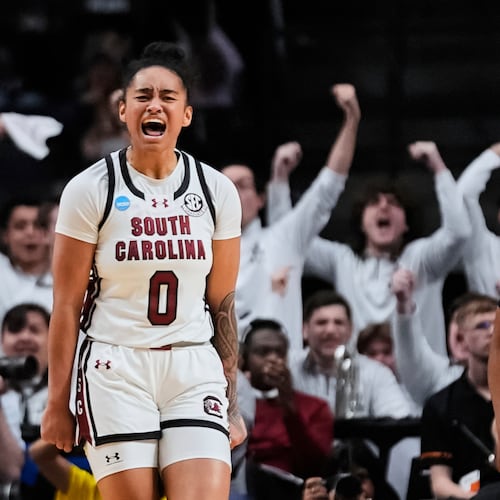The world grieved on Sunday, November 24, 1963, two days after President John F. Kennedy was assassinated in Dallas. But the National Football League played games.
NFL commissioner Peter Rozelle made the decision to play, saying "Football was Mr. Kennedy's game. He thrived on competition." But many years later, Rozelle, who was commissioner from 1960 to 1989, said it was the biggest mistake of his career.
The upstart American Football League postponed its games that Sunday. The NBA re-scheduled three games on the day of the assassination, but played two games Saturday and one Sunday. The NHL did not have games scheduled on Friday but did play on Saturday.
College football powerhouses Nebraska and Oklahoma played the day after Kennedy's death, as did a handful of other college teams, but most games were postponed. Oklahoma coach Bud Wilkinson said he first contacted U.S. Attorney General Robert Kennedy, who advised him to play.
Before the Philadelphia Eagles played the Washington Redskins that Sunday, each Eagles player contributed $50 to the family of Dallas police officer J.D. Tippit, who was also killed by Kennedy's assassin Lee Harvey Oswald. After the game was over, Redskins players asked to have the game ball sent to the White House, saying that they were "playing ... for President Kennedy and in his memory."
Eagles receiver Tommy McDonald, another Hall of Famer who later played one season for the Atlanta Falcons, said he and his Philadelphia teammates were extremely emotional during the National Anthem before their game. "When they got ready to kick off, I was still bawling like a baby," he remembers.
"The game was the strangest thing I've ever been involved in," Eagles QB King Hill said. "It was emotional for me because I was from Texas and I was ashamed to be from Texas. After the game, I went out to my car, which had Texas plates, and somebody had smashed the windows."
The Dallas Cowboys also dealt with the backlash from the assassination taking place in Dallas. When they played in Cleveland that Sunday, one fan carried a sign saying the city of Dallas "killed the president."
Cowboys executive Gil Brandt said the team was careful in Cleveland. "They didn't want us to mention Dallas. We were introduced on the playing field before the kickoff as the Cowboys, not the Dallas Cowboys."
New York Giants Hall of Fame linebacker Sam Huff also didn't agree with the decision to play Sunday. "That was the only game I ever played on any level that I didn't care about at all," he said many years later. "There was no desire, no determination. I kept thinking. This is America? America was a safe haven. Then, all of a sudden, it wasn't." Huff had campaigned for Kennedy in 1960.
CBS did not televise any NFL games that Sunday, opting to go with continuous coverage on the assassination.
President Kennedy had planned to attend the game and sit on the Army side for the first half and the Navy side for the second half.
About the Author
Keep Reading
The Latest
Featured



